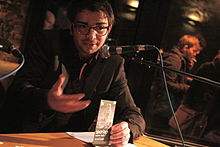
German literature comprises those literary texts written in the German language. This includes literature written in Germany, Austria, the German parts of Switzerland and Belgium, Liechtenstein, Luxembourg, South Tyrol in Italy and to a lesser extent works of the German diaspora. German literature of the modern period is mostly in Standard German, but there are some currents of literature influenced to a greater or lesser degree by dialects.
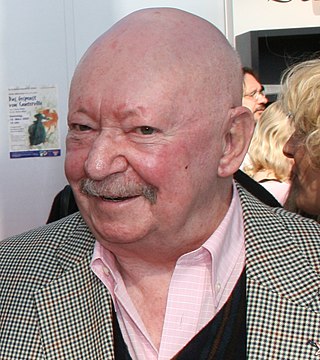
Günter Kunert was a German writer. Based in East Berlin, he published poetry from 1947, supported by Bertold Brecht. After he had signed a petition against the deprivation of the citizenship of Wolf Biermann in 1976, he lost his SED membership, and moved to the West two years later. He is regarded as a versatile German writer who wrote short stories, essays, autobiographical works, film scripts and novels. He received international honorary doctorates and awards.
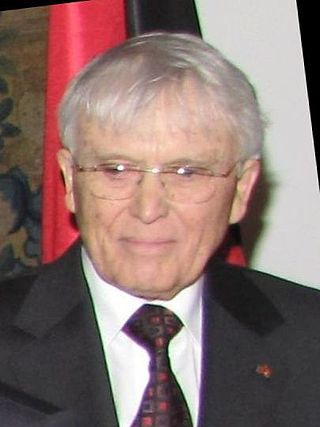
Reiner Kunze is a German writer and GDR dissident. He studied media and journalism at the University of Leipzig. In 1968, he left the GDR state party SED following the communist Warsaw Pact countries invasion of Czechoslovakia in response to the Prague Spring. He had to publish his work under various pseudonyms. In 1976, his most famous book The Lovely Years, which contained critical insights into the life, and the policies behind the Iron Curtain, was published in West Germany to great acclaim. In 1977, the GDR regime expatriated him, and he moved to West Germany (FRG). He now lives near Passau in Bavaria.
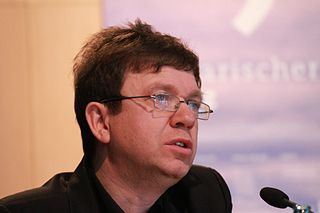
Norbert Hummelt is a German poet, essayist and translator.
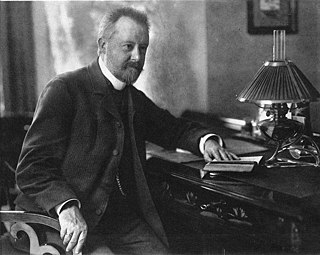
Gustav Falke was a German writer.

Karl Krolow was a German poet and translator. In 1956 he was awarded the Georg Büchner Prize. He was born in Hanover, Germany, and died in Darmstadt, Germany.
Das GEDICHT ( ), established 1993, is the largest poetry magazine in the German-speaking world. It was founded by the poet and publisher Anton G. Leitner together with Ludwig Steinherr. Between 1994 and 2007 as well as between 2020 and 2022, Leitner served as its sole editor. Between 2008 and 2019 and 2023, Leitner has edited the annual periodical with changing co-editors.
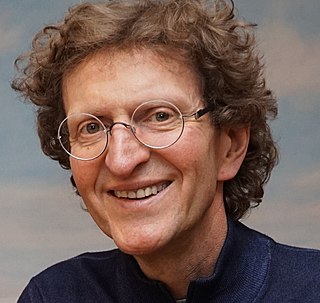
Anton G. Leitner is a German writer and publisher.
Angela Litschev is a Bulgarian-born German writer and poet.

The Martin Werhand Verlag is a German publishing house with a focus on contemporary literature and poetry. More than 25% of the 150 published authors have an immigrant background with parents who were born outside of Germany and have their roots in countries like the Netherlands, Greece, Spain, Croatia, Austria, Italy, Poland, Hungary, Latvia, Iran, Kazakhstan, Romania, Bulgaria, Turkey, Sri Lanka, South Korea, Russia or Uganda. Thus is also a mirror image of the German Society. The Martin Werhand publishing house stands for tolerance, integration and openness. It is located in Rhineland-Palatinate.
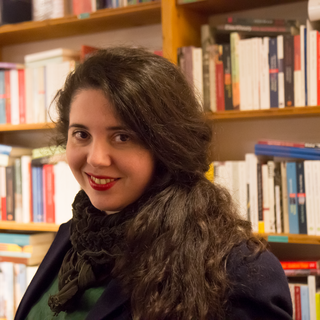
Marjana Michailowna Gaponenko is a German writer born in Odesa, Ukraine.

Dieter Kalka is a German writer, songwriter, poet, dramatist, musician, editor, translator and speech therapist.
Ann Catrin Apstein-Müller is a German poet and translator. She lives and works in Augsburg.
Vera Ludwig is a German poet.

Jan Wagner is a German poet, essayist and translator, recipient of the Georg Büchner Prize and Leipzig Book Fair Prize.

Elke Erb was a German author-poet based in Berlin. She also worked as a literary editor and translator.

Christoph Leisten is a German teacher and writer.

Anja Kampmann is a German poet and author.
Albert Sixtus was a German children's writer. During a career spanning almost thirty years, Sixtus wrote over 100 books, including fairytales, picture books, young adult fiction and a book of poems. He is best known for his 1924 book Die Häschenschule, which was adapted into the 2017 animated film Rabbit School – Guardians of the Golden Egg. ‘Rabbit School’ was translated into English by Roland Freischlad, and published in 2009.[David R. Godine, Jeffrey, NH]
Jürgen Theobaldy is a German writer who lives in Switzerland.
